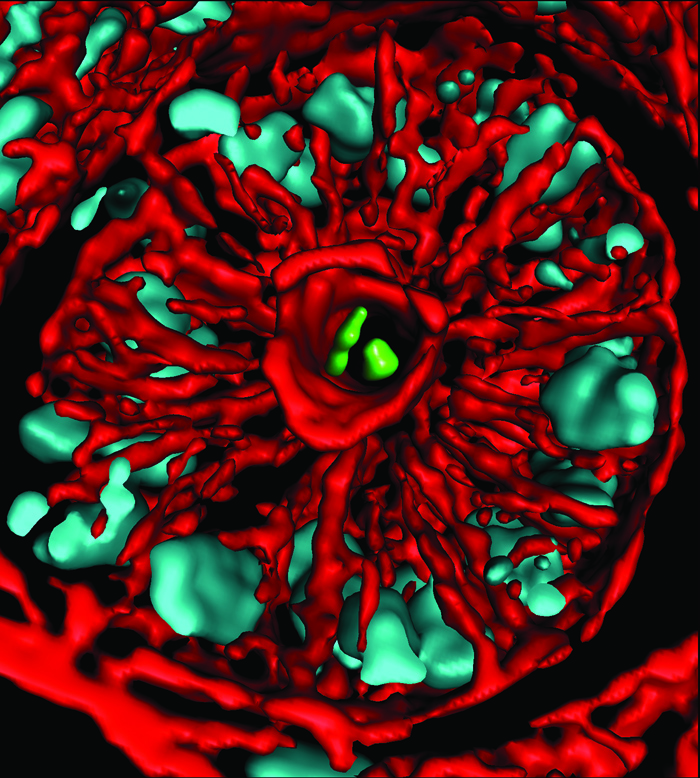Some Antibiotics May Slightly Increase Colon Cancer Risk

Taking some antibiotics, which reduces the diversity of bacteria in the gut, may slightly increase the risk of developing colon cancer, a new study suggests.
Low diversity of gut bacteria has been linked to higher risk of colorectal cancer. To examine whether there's any link between taking antibiotics and the risk of colorectal cancer, researchers looked at the medical records of more than 22,000 colorectal cancer patients in the United Kingdom, and followed them for an average of six years.
The researchers excluded the patients who had a family history of colorectal cancer or inflammatory bowel disease to limit the factors that could affect the patients' cancer risk.
The researchers compared the amount of antibiotics the patients had taken at least six months before being diagnosed with cancer, to the amount of antibiotics taken by a group of about 86,000 healthy people.
After controlling for known risk factors for colorectal cancer — including obesity, diabetes, smoking and alcohol consumption — the results showed people who had taken antibiotics, including penicillins, quinolones and metronidazole, were 8 to 11 percent more likely to develop colorectal cancer. [5 Ways Gut Bacteria Affect Your Health]
When the researchers looked at the intake of antibiotics 10 years before their diagnosis, this modest increase in risk remained true only for penicillins. There was no link between cancer risk and other antibiotic classes, anti-viral medications or anti-fungal drugs, according to the study, presented Sunday (June 1) at the annual meeting of the American Society for Clinical Oncology (ASCO).
The findings suggest that taking penicillin is linked with a slight increase in colorectal cancer risk, possibly through the effects of the drug on colon bacteria, the researchers concluded.
Get the world’s most fascinating discoveries delivered straight to your inbox.
There are trillions of bacteria that live in the gut, known collectively as the gut microbiome. These bacteria are important for normal functioning of the intestine.
Colorectal cancer is one of the most common cancers. It typically develops in the cells lining the inside of the large intestine or the rectum. Diets high in fat and red meat, as well as too much alcohol consumption, and lack of physical activity are among the well-known risk factors for this cancer.
Previous studies have found that colorectal cancer patients have an altered gut microbiome, compared with healthy people. Some studies have found that tissue from colorectal tumors shows lower bacteria diversity, and higher levels of certain bacteria strains.
However, it's unclear whether cancer causes a change in composition of gut bacteria, or an imbalance in gut bacteria partly contributes to cancer development, by providing a condition for tumors to grow, scientists say.
Email Bahar Gholipour. Follow us @LiveScience, Facebook & Google+. Original article on Live Science.



